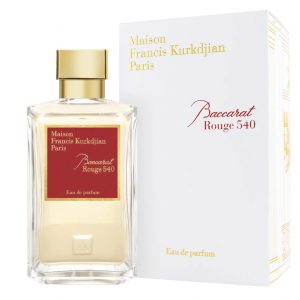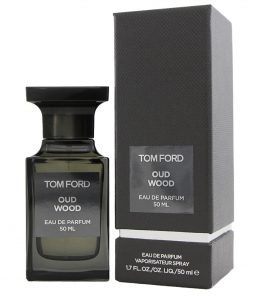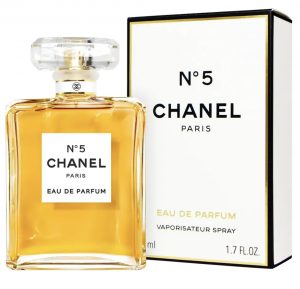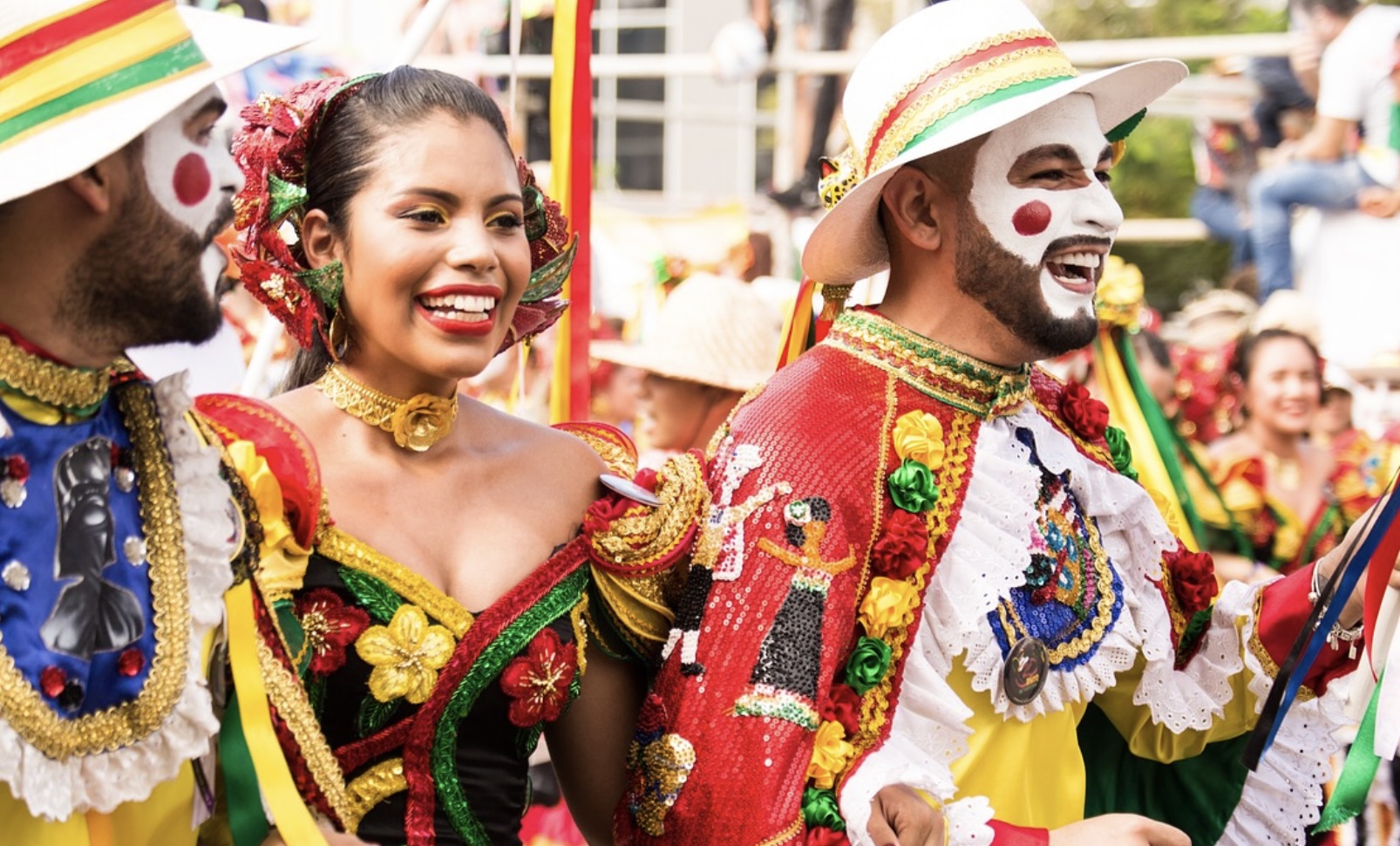Fragrance knows no borders. It’s been a centerpiece of human culture for centuries. It transcends geographical boundaries and historical eras. From the ancient rituals of past Egypt to the modern-day Middle East, the use of scent has played an essential role in religious ceremonies, personal wear, and social customs.
Perfumes not only evoke memories and emotions, but also can reflect the values of a society.
We’ll explore the diverse significance of fragrances in various cultures and traditions.
Ancient Egypt
Ancient Egypt’s rich history, from the majestic pyramids to intricate hieroglyphics, is widely known and studied. Beyond its architectural marvels and mystical allure, fragrance played a significant role in Egyptian culture, deeply woven into the fabric of religion and royalty.
Perfumes were not just for personal enjoyment; they were used in sacred rituals to communicate with the gods and symbolize purity and divinity.
The elites of Egyptian society adorned themselves with perfumes made from local ingredients, with myrrh and frankincense being two of the most treasured and widely used scents.
One example of a fragrance that uses Egyptian origins is Baccarat Rouge 540 by Maison Francis Kurkdjian. And yes, we have samples of Baccarat Rouge 540 by Maison Francis Kurkdjian.

India
In Western culture, we think of India as intimately aligned with scents and fragrances. This is because fragrance plays a large role in Ayurveda in India, medicinal practices which have penetrated Western culture over the past several decades. Western cultures move towards more holistic health remedies is a major reason for this.
In India, incense and essential oils are used in daily rituals, meditation, and healing therapies. Scents like sandalwood, jasmine, and rose are believed to balance the mind, body, and spirit and their cultural significance in Indian weddings and festivals.
If you’re wanting to sport something of this nature, we’d suggest trying a sample Santal 33. Known for its sandalwood notes, it aligns well with the traditional Indian use of sandalwood in spiritual and wellness practices.

Middle East
The Middle East has a rich and ancient tradition of perfumery, where scents are deeply embedded in the cultural fabric of daily life, hospitality, and ceremonial practices. Fragrances such as oud, amber, and musk are not merely pleasant aromas; they are powerful symbols of heritage and identity that reflect a distinctly Middle Eastern origin. The art of perfume making, often referred to as “attars,” is a revered craft passed down through generations, blending rare and natural ingredients to create complex, long-lasting scents.
In Middle Eastern culture, perfumes are more than just personal adornments; they play a crucial role in expressing warmth and hospitality. Fragrances are often used to welcome guests, celebrate special occasions, and even mark significant life events such as weddings and religious ceremonies. The unique scent profiles of Middle Eastern perfumes symbolize family heritage and personal style, making them an intimate and meaningful part of one’s identity. Whether shared among loved ones or worn daily, these scents capture the essence of tradition and the enduring beauty of the region’s rich cultural heritage.
Oud Wood by Tom Ford is a perfect representation of Middle Eastern fragrance traditions, featuring the rich, woody scent of oud, a staple in the region’s perfumery.

Europe
Europe’s perfume history is marked by its evolution from a luxury of the elite to a widely accessible product. From its origins in the Renaissance courts of France and Italy to the rise of the modern perfume industry in Paris, fragrances in Europe are a big deal. But there’s also a lot of history here. Perfumes were once used to mask foul odors during pre-sanitation times, but today they have evolved into a staple of fashion and personal identity.
Chanel No. 5 epitomizes European fragrance influence. Try a sample.

Africa
Fragrance holds deep cultural and spiritual significance in African societies, where the use of natural ingredients like myrrh, frankincense, and aromatic herbs has been an enduring tradition. Much like in Middle Eastern culture, these natural scents are integral to rituals, celebrations, and daily life. In many African communities, the art of creating fragrances is intertwined with spiritual and healing practices, with scents believed to have protective and restorative powers.
Traditional African rituals often involve the burning of herbs and resins as offerings to ancestors, deities, or to cleanse spaces of negative energy. Fragrance is also a key element in rites of passage, marking important life stages such as birth, marriage, and death. Perfumes are often used to bless individuals, ward off evil, or symbolize new beginnings. These scents are more than just pleasant aromas; they are a bridge to the spiritual world and a reflection of cultural heritage, making them an essential aspect of communal and individual identity in African societies.

Comments are closed, but trackbacks and pingbacks are open.